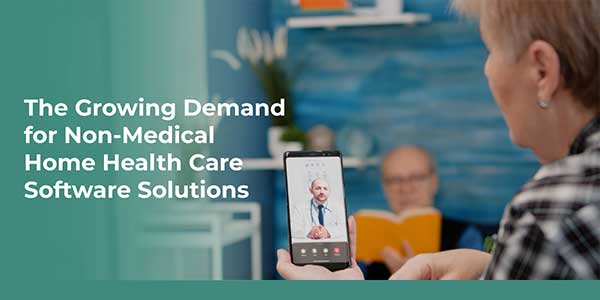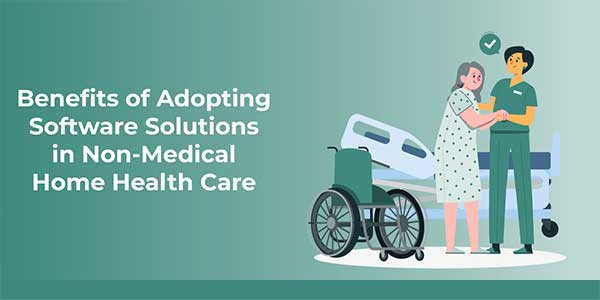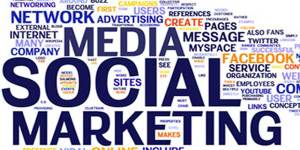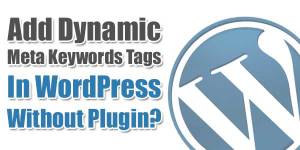
In this digital age, technology is rapidly rising in space. The non-medical care home software solutions are in demand because of their ultimate features and benefits for caregivers and patients. The non-medical home health care software is working as a game-changer. The market value of non-medical care home software has marked an exciting shift because of its adoption in the market and the quality of personalized care it delivers to the industry. Thanks to this software it makes it possible to grab medical facilities at their home. By scrolling through the post below, you can learn more about this software. So, let’s start!
Table of Contents
The Rise Of Non-Medical Home Health Care:
Most of you may not be aware of this software and may be questioning yourself: What exactly is a Non-Medical Home Care Solution? So, this is a specialized advanced solution that is designed for managing the multiple aspects of home health care services. These are different from medical home health care services in terms of accessibility, comfort, and privacy.
This healthcare software streamlines administrative tasks like billing, communication, and documentation. It has transformed the way medical businesses operate themselves. The best reason behind the driving force of these types of software is the wide range of population because of the rising preference for people who are aging & the evolving impact of technology in health care delivery.
Understanding Non-Medical Home Health Care Software Solutions:
The size of the global Non-Medical home medical sector has undoubtedly expanded. With a 2019 valuation of $281.8 billion, growth of at least 7.9% is anticipated between 2020 and 2027. The growing evolution of IT technologies has also transformed the medical industry. There are multiple types of non-medical homecare software solutions available for non-medical home care, such as caregiver management services, invoicing & billing, etc. Take a brief guidance about the features.
Key Features And Functionalities:
● Booking Appointment:
Any home non-medical healthcare software should have the ability to book appointments online. When creating this feature, make sure your app follows these guidelines: the booking process should be quick and easy, all patient information should be communicated clearly, and the fees and pricing structure should be easy to understand. These will assist you in developing an option for your home healthcare software that enables competitive online appointment scheduling and appropriately meets the needs of end users.
● Inter-Channel Communication:
A non-medical home health care program must have multi-channel communication choices, including phone, in-app chat, email, WhatsApp, and others, as communication is crucial. This is to ensure that end customers looking for medical home solutions never face a communication barrier.
● Models Of Monetization:
It is advisable to have different monetization methods in the non-medical home healthcare software, allowing consumers to select the one that best suits their needs. Several well-liked models for monetizing non-medical home healthcare software include subscription-based, free trial models, pay-per-consultation models, etc.
● Online Medications Purchasing:
To get a competitive edge, you should incorporate easy medication delivery features, which have been incorporated in the majority of non-medical home medical software packages.
● CRM For Medical:
It is advised that your non-medical home health care software include a specific medical CRM component. This will assist you in examining consumer behavior and enhancing the client experience even more.
● Specific Medical Portals:
Physicians should have access to specialized portals where they can monitor patients’ health information and interact with them.
● Digital Health Records:
Any healthcare Non-Medical Home Health Care Management must have electronic health records, which hold a variety of medical documents in electronic forms, including medical histories, patient diagnoses, vital signs reports, & others. Electronic health records enhance patient care, expedite the diagnostic procedure, and aid in protecting patient privacy.
To know how these features meet with caregivers, patients & service providers, scroll down to the next phase.

Benefits Of Adopting Software Solutions In Non-Medical Home Health Care:
For Service Providers:
Effective non-medical home healthcare begins with care planning, which is enhanced by homecare software solutions. With the help of these cloud-based solutions, everyone has access to a single location where they can see and instantly exchange vital patient data.
People can interact more easily with each other regarding monitoring prescriptions, creating care plans, and monitoring a patient’s progress, thanks to non-medical home healthcare software. It is good for the service providers since it delivers better operational efficiency & managing medical staff. Medical service providers can enhance their client satisfaction by taking an approach to these personalized care plans.
For Caregivers:
The way healthcare professionals and caregivers deliver care at home is altered by the accessibility and freedom that non-medical homecare software provides. Approved users may access patient data, schedules, and documents using these cloud-based solutions at any time and from any location. Records may be quickly reviewed and updated by caregivers utilizing laptops, tablets, or cell phones. It also benefits the caregivers by giving them streamlined communication & scheduling.
For Patients:
Healthcare organizations place a high premium on compliance and data security, and homecare applications meet this need by utilizing robust security protocols & methods of encryption. It guarantees the privacy of patient information. This software enhances data security & safeguards patient information through frequent data backups and comprehensive procedures for handling emergencies. For the patients, it is a valuable option to invest in because it delivers better control over the care received.
Challenges In Implementing Non-Medical Home Health Care Software:
Technical Challenges:
Integration With Existing Systems:
Software systems may experience malfunctions, which might hinder patient care and make it difficult to obtain patient data. To maintain seamless homecare services, it’s critical to ensure that systems are operational 100% and to promptly address any technological issues. When looking for non-medical care software, issues may arise regarding integration. Make sure that your healthcare application is effectively integrating with other systems like Billing, HER, etc. It is difficult to make the system designed in a way so that it can seamlessly share information & communicate with other systems.
Ensuring Data Security And Privacy:
Medical records and other confidential patient data, including personal information, are managed by home care software. Strong security measures and adherence to privacy regulations, such as HIPAA, are essential for safeguarding patient privacy and preventing data breaches.
Human Factors:
Training Staff And Caregivers To Use New Technologies:
Another crucial challenge that is usually caused by humans is training staff & caregivers to understand how these software technologies work. A non-medical home health care service should be designed in a way that anyone from older people to non-IT users can use.
Overcoming Resistance To Change Among Older Adults:
Another critical aspect that creates big challenges is the app UI. The UI of any application should be intuitive for diverse uses. Make sure the application can be easily used by the tech-savvy. The navigation of the application should be simplified & clear. Overall, the challenge that may arise while developing any application is crafting a solution that ensures the software is accessible to everyone.
Success Stories And Lessons Learned:
You can go through a bunch of success stories available on Google where people shared their positive experiences regarding how their lives changed after adopting non-medical home healthcare services. They already shared a few challenges and the ways they evolved from this. You can refer to those resources & communities to read some real-life experiences.
Future Trends In Non-Medical Home Health Care Software:
Emerging Technologies:
The integration of IoT, AI, and machine learning technologies is changing the landscape of non-medical residential health care. These developments point to a highly individualized care environment that anticipates each patient’s demands and makes real-time adjustments.
Imagine having home automation systems that not only keep an eye on your health metrics but also know when you need to remind yourself to take your medications or change your living space to make it more comfortable and safe. This development is a major step in the direction of a medical care ecosystem that is more responsive and accessible for everyone.
Predictions For The Market:
Technology is causing an immediate shift in the healthcare sector. The development of custom software has changed the way that healthcare is observed. Software development has become a game-changer due to patient demands for individualized treatment solutions and a rising requirement for better efficiency. The opportunities in the healthcare business are virtually limitless, and bespoke software development is going to have a big impact on how it develops in the future.
Explore Leading Solutions In Non-Medical Home Health Care Now:
In summary, AI in-home software has a promising future. Thanks to customized solutions and advances in technology, the healthcare sector has transformed. The flexibility of a healthcare system of software and the requirements of medical facilities must be considered carefully while selecting the best one. We want to encourage the stakeholders to adopt the advanced technologies. So, witness an ultimate patient-centric approach where technology matches with the human touch!

 About the Author:
About the Author:












The rising demand for non-medical home health care software reflects a shift towards personalized, efficient care. These solutions streamline administrative tasks, improve communication, and enhance patient management. Investing in such technology not only boosts operational efficiency but also ensures higher quality care and better support for home health care providers.
Welcome here and thanks for reading our article and sharing your view. This will be very helpful to us to let us motivate to provide you with more awesome and valuable content from a different mind. Thanks again.